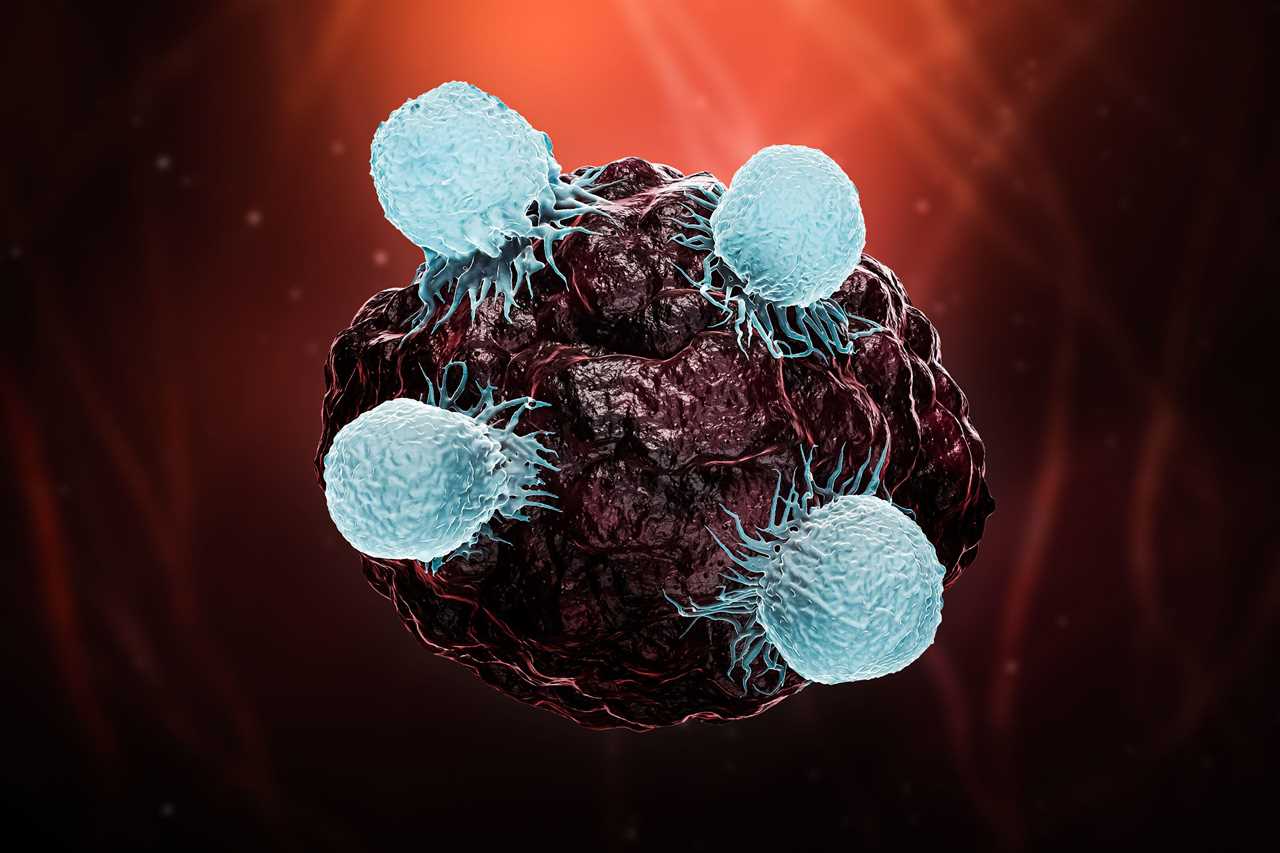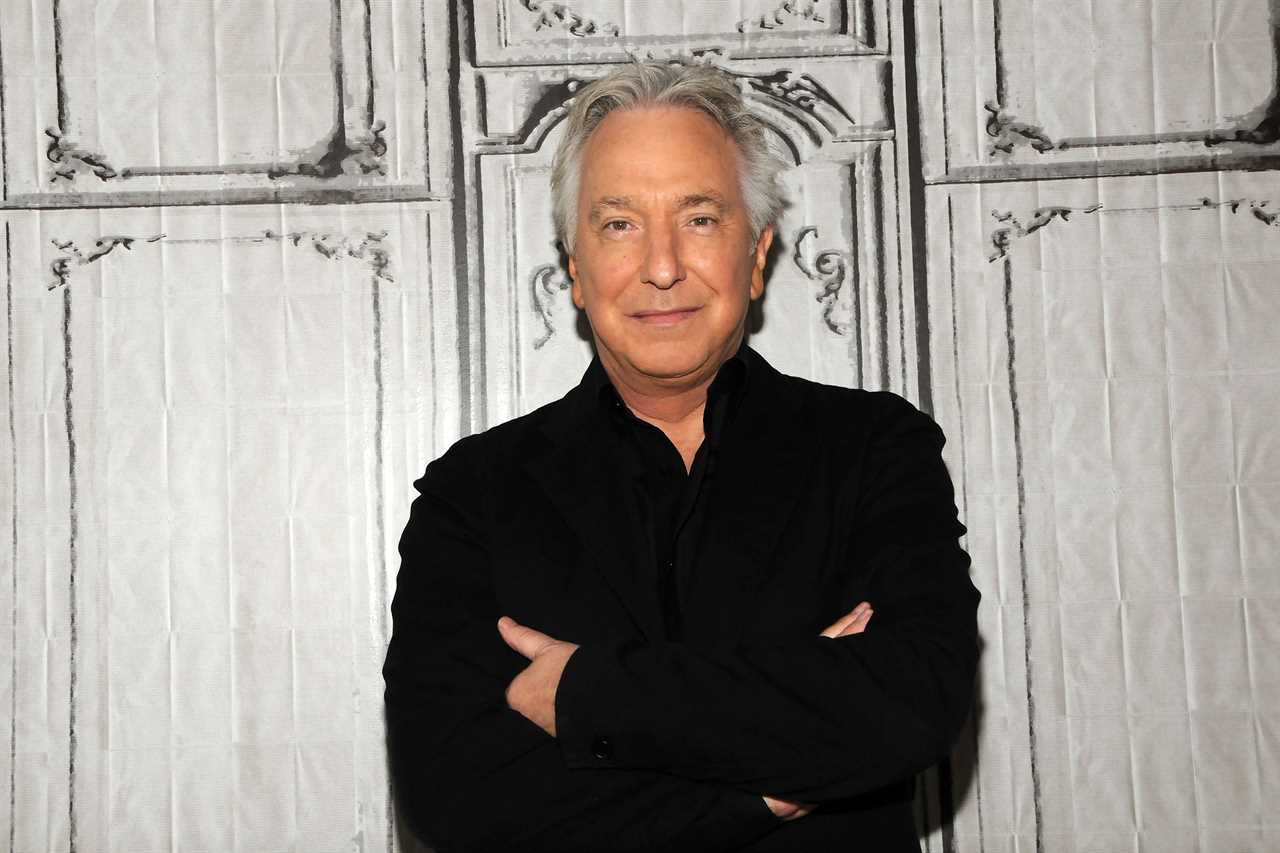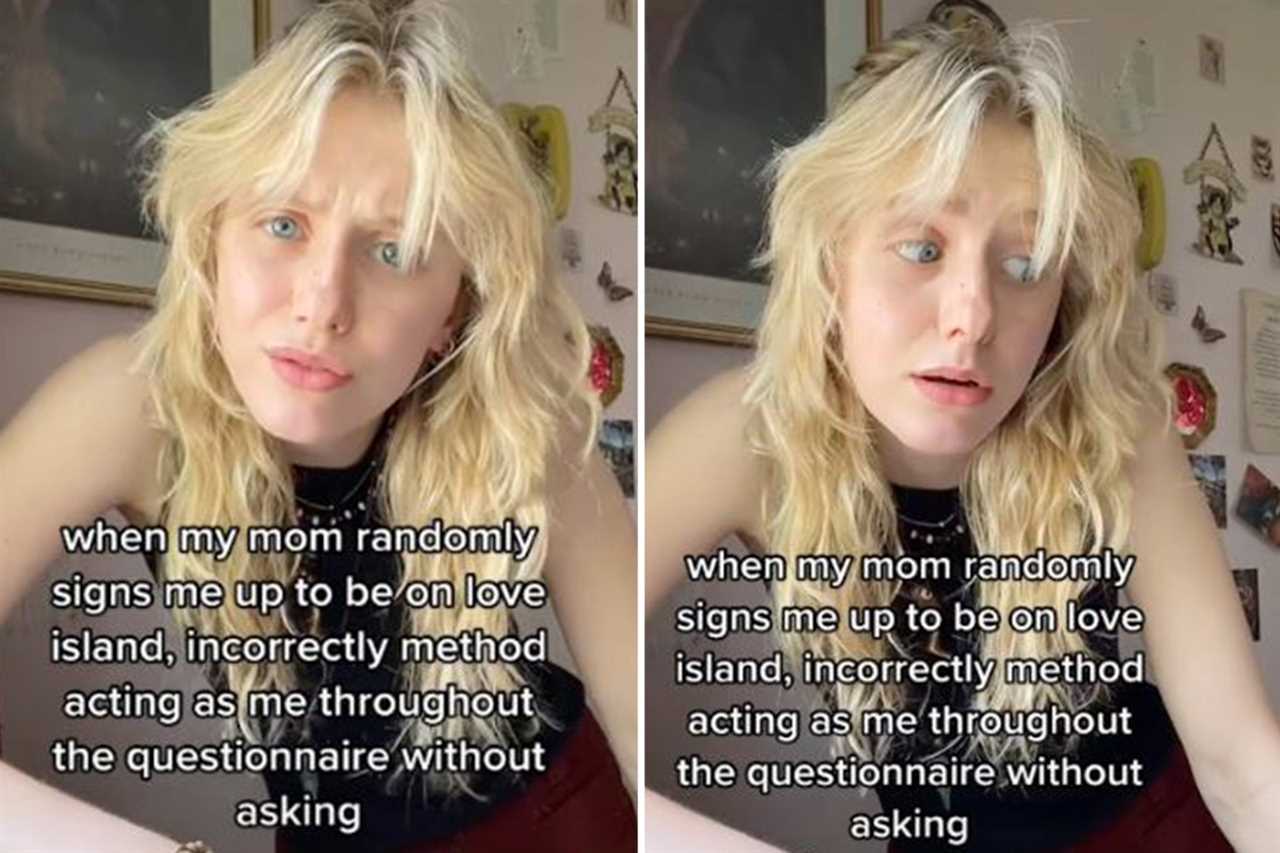A GROUND-BREAKING cancer vaccine could stop tumours growing back after surgery, according to a study.
Scientists used technology from Pfizer’s Covid jab to target pancreatic cancer and found it boosts tumour-busting immune cells.

In a world-first trial by Memorial Sloan Kettering Cancer Center in New York, half of patients were still cancer-free 18 months later.
Pancreatic cancer is one of the deadliest forms of the disease and three in four patients die within a year.
Dr Chris MacDonald, head of research at Pancreatic Cancer UK, said: “It is genuinely thrilling to see this progress in a cancer so under-served for so long.
“This is a very early, small scale trial but the results are certainly promising.
Read more on cancer
“We desperately need more treatment options for pancreatic cancer and a vaccine such as this would be a vital new weapon against the deadliest common cancer.”
Professor Özlem Türeci, chief medical officer at the vaccine-maker BioNTech, added: “We are trying to break new ground in the treatment of these hard-to-treat tumours and the results of this study are encouraging.”
The nine-dose vaccine uses technology called mRNA, which injects genetic code to make immune cells that target cancerous cells.
Scientists designed the mRNA in a lab to make the body attack mutant cells which normally slip under the radar and spread.
In the trial, the vaccine triggered an immune response in eight out of 16 pancreatic cancer patients, scientists revealed at the American Society of Clinical Oncology conference.
Their bodies produced killer white blood cells that kept cancer relapse at bay for more than 18 months.
Cancer grew back in six out of eight patients who the vaccine did not work for, with an average relapse time of 13.4 months.
Scientists do not know why the vaccine only worked for half of people, but hope they can make it work for all surgery patients – up to one in five cases.
Study author Dr Vinod Balachandran said: “These mRNA vaccines do appear to stimulate immune responses so we’re very excited about that.
“The early results suggest that if you have an immune response, you may have a better outcome.
“The patients are, as of this moment, cancer-free and in active surveillance.”
Around 10,500 Brits get pancreatic cancer each year and treatment nearly always fails.
Actors Patrick Swayze and Alan Rickman both died of the condition within 18 months of being diagnosed.
BioNTech’s vaccine was given to patients with a type of cancer which accounts for 95 per cent of all pancreatic tumours.

Read More on Trending In The News
Each vaccine is given by IV drip instead of a jab and is custom-made based on the DNA in the patient’s tumour.
Dr Balachandran added: “We hope these results can allow us to now test this mRNA technology in other cancers more broadly.”










